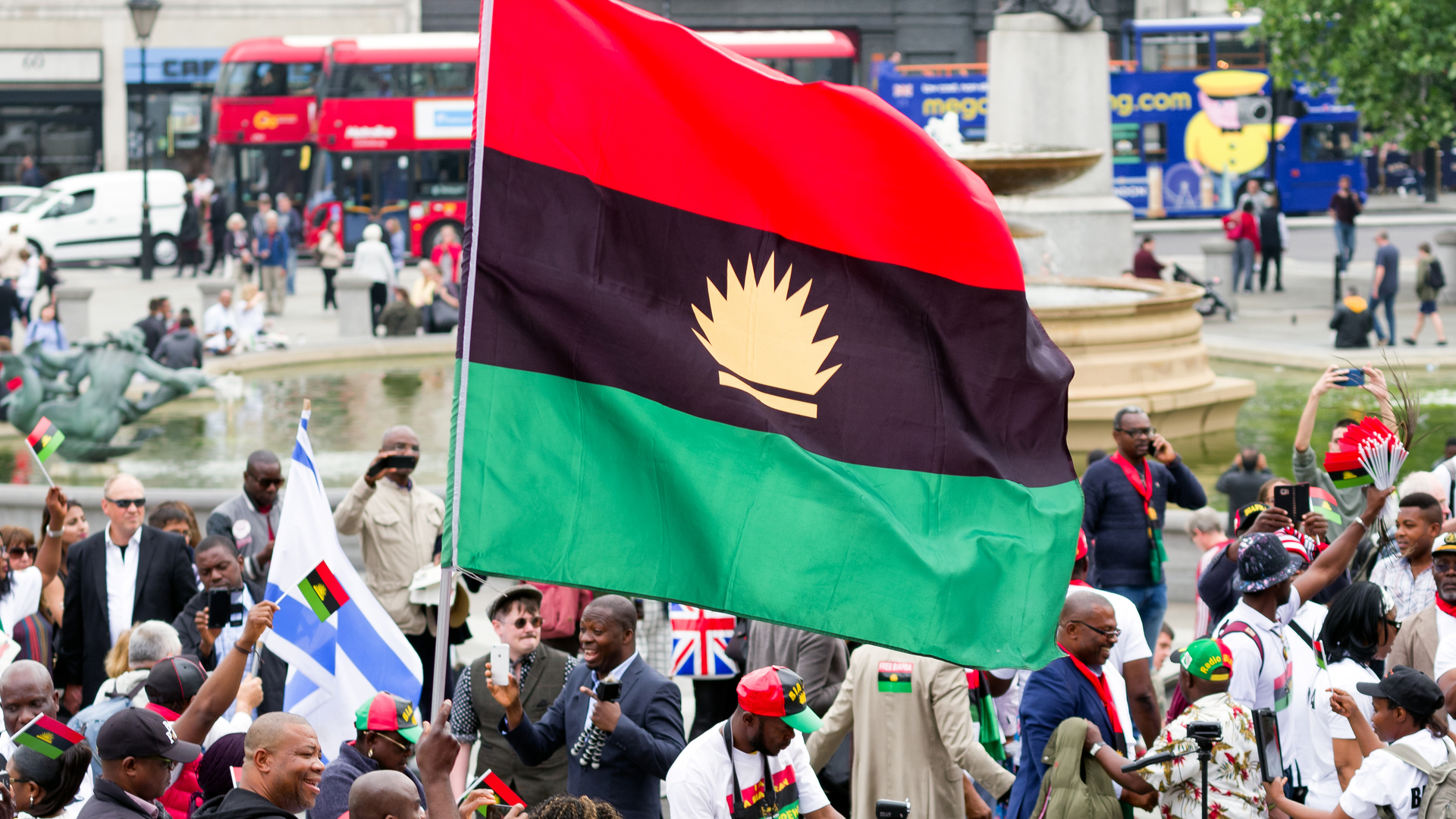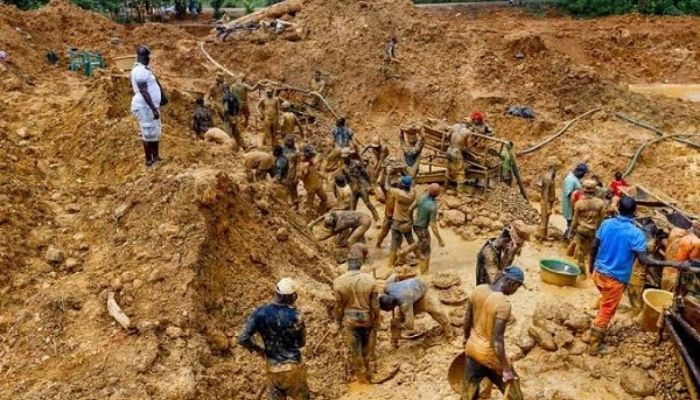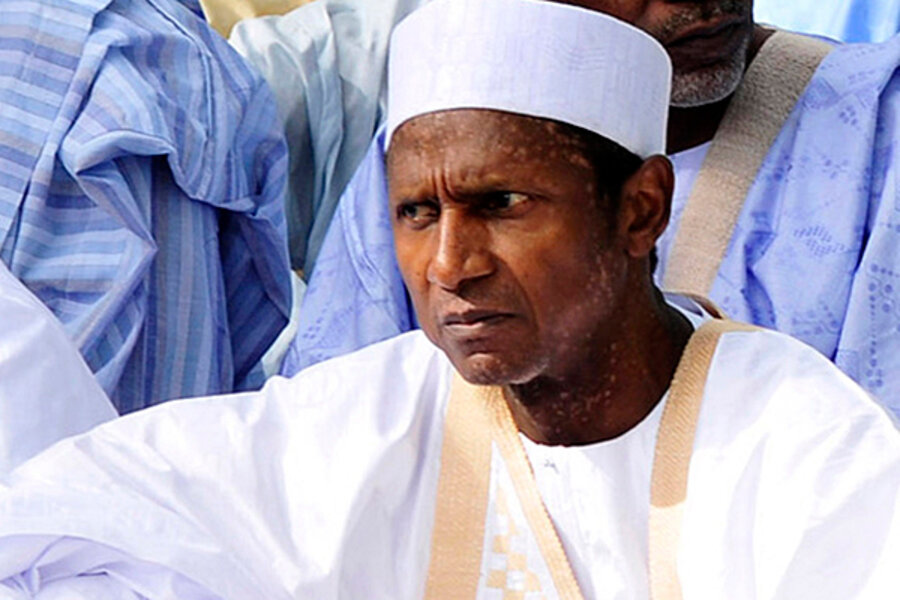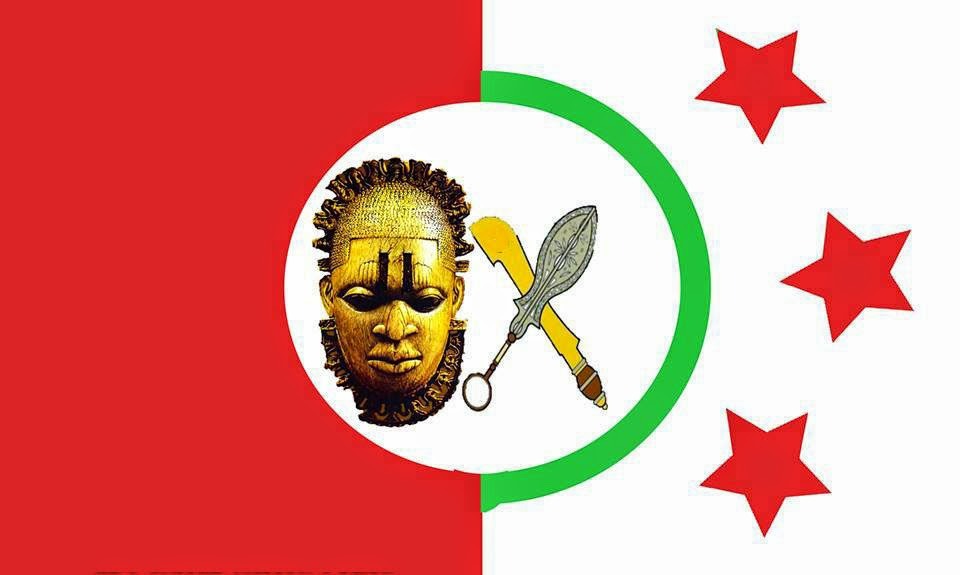Given the increasing enthusiasm as to who succeeded President Obasanjo in 2007, analysts and prediction experts are having a busy moment examining the qualifications of individuals covetously eyeing General Obasanjo’s seat. If events of succession should follow their natural pattern, most sensible calculations may regard Vice-President Atiku Abubakar as the logical choice to replace his boss in 2007.
However, in view of the uncertainty about whether President Obasanjo himself is ready to give up power in 2007, the fate of many aspirants, including Atiku Abubakar, is hanging in the balance. And this uncertainty is even worsened by the seeming inscrutable nature of President Obasanjo’s mind about who succeeded him in 2007. The President has kept Nigerians guessing as the countdown to 2007 has just begun. He has particularly put presidential aspirants on such tenterhooks that forced many of them to look forward to the future with cautious optimism.
In the midst of these uncertainties, analysts have still not gone to sleep merely because of the rumoured stories that our President may not go after all in 2007. But what if the President decisively chooses to quit as he promised and as the constitution provides? Who succeeds him then, what qualification does his successor need to step into his big shoes?
Perhaps, in the efforts to seek answers to some of these tough but interesting questions, a weekly British international magazine, The Economist took the initiative to introduce a kind of moral crucible into its analysis, which is intended to give Nigerians some idea of what each aspirant may require to step into the big shoes of President Obasanjo. Whether such moral standard is sustainable or realistic within the context of our national politics is something else.
One would, however, take a close look at some of the arguments adduced by the magazine to disqualify certain aspirants on the basis of such touted moral standards, which are a rigid precondition for succeeding President Obasanjo. Although Vice-President Atiku Abubakar is widely seen as the logical successor to President Obasanjo going by antecedents elsewhere in the world, the magazine lumped him with former military dictator, General Ibrahim Badamosi Babangida as being flawed. While the Economist rightfully held the Minna-born General responsible for the unwanted state of the nation following his wicked annulment of the free and fair election in 1993 in which Abiola was set to win, it said Atiku was flawed because of his close association with certain discredited Governors. More than anything, the magazine’s assessment of the Vice President leaves every discerning observer aghast. Is that a fair and logical assessment? Should a politician sit in judgment over the moral conduct of each and every ally he associates with? Is it part of Atiku’s mandate to be pursuing individual Governors with comstockish passion? Is it not the responsibility of State Houses of Assembly to deal with their own Governors when they commit any provable misconduct? Are we not, by this excessive expectation of Atiku Abubakar, misperceiving his actual limitation and role as Vice-President?
Let us be honest with ourselves, Atiku’s qualification should not be based on how far he fights individual Governors over certain perceived moral stains. If association with individual politicians who are alleged to be discredited is a factor in determining the qualification of aspirants at any level, then no politicians in the current democratic order should have been elected. Leaders should be elected on the basis of individual merit and not their alleged association with certain people we don’t like.
For example, President Obasanjo was elected in 1999 and re-elected four years after on the basis of his individual competence and experience, despite his close association with certain politicians who have a notorious record of truncating democracy in June 1993. Despite his closeness to those opportunistic politicians, President Obasanjo was saved the burden of guilt by association. To single out any politician and disqualify him on the warped principle of guilt by association is too unfair and too far-fetched. If our President may focus too rigidly on the character of every close ally around him, he would certainly end up fighting everyone and not achieving anything. Does individual morality translate into collective morality? Is that achievable in practical politics? Should any politician carry the can for the perceived moral flaws of his associates?
In the wake of the Monica Lewinsky scandal, which nearly brought down the Clinton Presidency in 1998, one analyst wrote to the TIME magazine (International), brilliantly exposing the moral double standards of the American society. He wondered why a country like America, “which is littered with bastards” should seek to enforce ridiculously rigid moral standards on its President when the highest officeholder is as morally weak as any ordinary American.”
Another angry American woman also wrote, saying that if the Americans were expecting such rigid moral standards of their President, they should vote for a Pope! She maintained that Americans knew that they elected a President who is human but doing a great job for the nation. And in our own case, it is ridiculous to burden a politician with the arduous task of monitoring the individual conduct of every politician in order to qualify for public office.
The fundamental question is: does Atiku Abubakar have what it takes to succeed President Obasanjo? For a Vice-President who has loyally and competently understudied his boss, honed his experience and skills every passing day, and never disappointing his boss in executing every task, however demanding he was assigned, what else does Atiku Abubakar has to prove? His prominent role on the National Economic Council has brought out the zeal and competence in the Vice-President. The fiscal responsibility bill bears the hallmark of Atiku’s initiative in this regard.
Loyalty and competence are factors that may count repeatedly in Atiku’s favour. But even more importantly, Atiku’s strong faith in President Obasanjo’s economic reforms agenda remains one of his highest points. At every opportunity, he defended the economic reforms of this administration, unlike other clever politicians who would have opted to play to the gallery by distancing themselves from the policies of an administration of which they are part. His unshaken faith in these reforms and his common commitment with the President to transform Nigeria from a near failed state to a success story of the future will remain a standing tribute to Vice-President Atiku Abubakar’s qualification to succeed his boss in 2007. A legacy, like a character, is our fate. Can President Obasanjo afford the risk of being succeeded by anyone not zealously committed to his reforms, and who may instead reverse or dismantle such legacy?
As the Chairman of the National Council on Privatization, Atiku Abubakar has handled the task with incredible aplomb and éclat. Having traveled this far in this reform train of the Obasanjo administration, the Vice-President appears to be by far more qualified than anyone else to succeed his boss. President Obasanjo is widely noted for his respect for result-driven team, and since this journey began in 1999, Atiku Abubakar has disarmed even the harshest and most implacable of critics by his performance so far.
Like his boss, Atiku’s commitment to democracy is unassailable. For instance, his courageous disclosure of the security breach, which would have violently ended our democratic journey, is a confirmation of his unbending commitment to the stability of our nation. The Vice-President, by these remarkable records, alone is eminently qualified to succeed President Obasanjo. Is there such a politician without the original sin? In politics, as you point one accusing finger at your opponent, four others are pointing at you. The question of who succeeds President Obasanjo should be examined with cool reflection, rationalism and pragmatism. The attention of the voters should not be diverted from making an informed choice in 2007 based on the individual merit, experience and competence of those seeking to succeed President Obasanjo.
Signed:
Jonathan Manok
University of Abuja
Gwagwalada, Abuja












